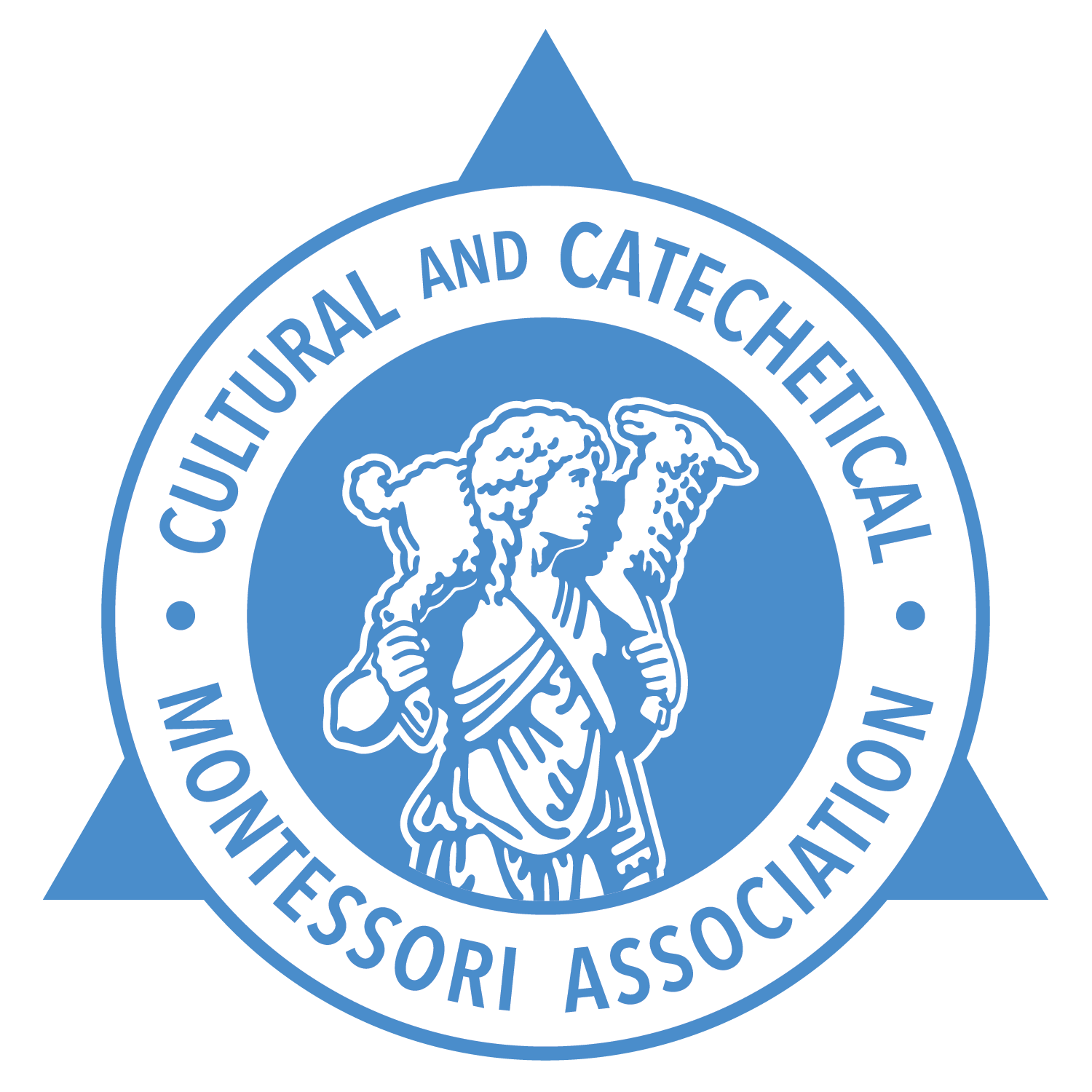“Thus it will be seen that the work of the Atrium would be a much broader thing than merely ‘teaching the child his catechism’ - It will be like a surrounding and pervading atmosphere in which they will live and move and have their being.”
Our Mission
To empower cultural renewal by promoting the work of Maria Montessori and Sofia Cavalletti in revealing the truth about the human person.
Our Goals
To offer spiritual, doctrinal, and Montessori-pedagogical formation courses for adults.
To establish and support the growth of prepared Montessori environments that fulfill the mission of CCMA in the context of Catholic cultural renewal: within the home, parish (Atria), and school.
To offer a variety of formation courses for parents, catechists, teachers, future teachers, seminarians, priests, and religious. These courses will include but will not be limited to all levels of CGS formation.
To coordinate and sponsor events—including workshops, talks, and retreats—that foster the spread of the Montessori approach and the Catechesis of the Good Shepherd.
Maria Montessori, Sofia Cavalletti, and the Catechesis of the Good Shepherd
In the early twentieth century, Dr. Maria Montessori, through long and intense observation of children throughout the world, discovered many things about human development. She recognized four planes of human development, spanning from birth to maturity at approximately age twenty-four. Her most valuable observations were in the field of early childhood education, wherein she identified “planes of development” and pinpointed “sensitive periods” within them. The four planes of human development are infancy (0-6), childhood (6-12), adolescence (12-18), and maturity (18-24). Scientific inquiry across disciplines, including developmental neurology, psychology, and sociology, has since validated many of her findings.
Based on her observations and discoveries, Dr. Montessori established specially prepared environments, utilizing original didactic materials, which enabled children to reach a higher level of development as their inner needs were met. These specially prepared environments have become widespread around the world.
Sofia Cavalletti (a Hebrew Scripture scholar) and Gianna Gobbi (who studied under Maria Montessori) further developed Maria Montessori’s work and established the Catechesis of the Good Shepherd. They opened the first Atrium, the setting prepared to support the child’s life of prayer, in Rome in 1954. Now used worldwide in parishes, schools, and homes, this approach to religious formation is rooted in Scripture and liturgy (prayer and sacraments) as the fundamental sources for creating and sustaining Christian life at every developmental stage.
CCMA is dedicated to spreading the culture of the Catechesis of the Good Shepherd in families, communities, parishes, and schools. We offer formation courses for those who wish to work as catechists serving the spiritual needs of children from birth to age twelve. CCMA also supports catechists, parents, and educators through workshops on practical topics, retreats and gatherings at various times of the year, seminars on Montessori theory, and other programs supporting the culture and community of the Catechesis of the Good Shepherd.
